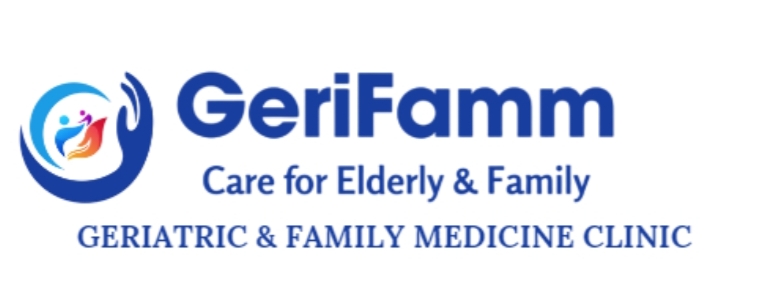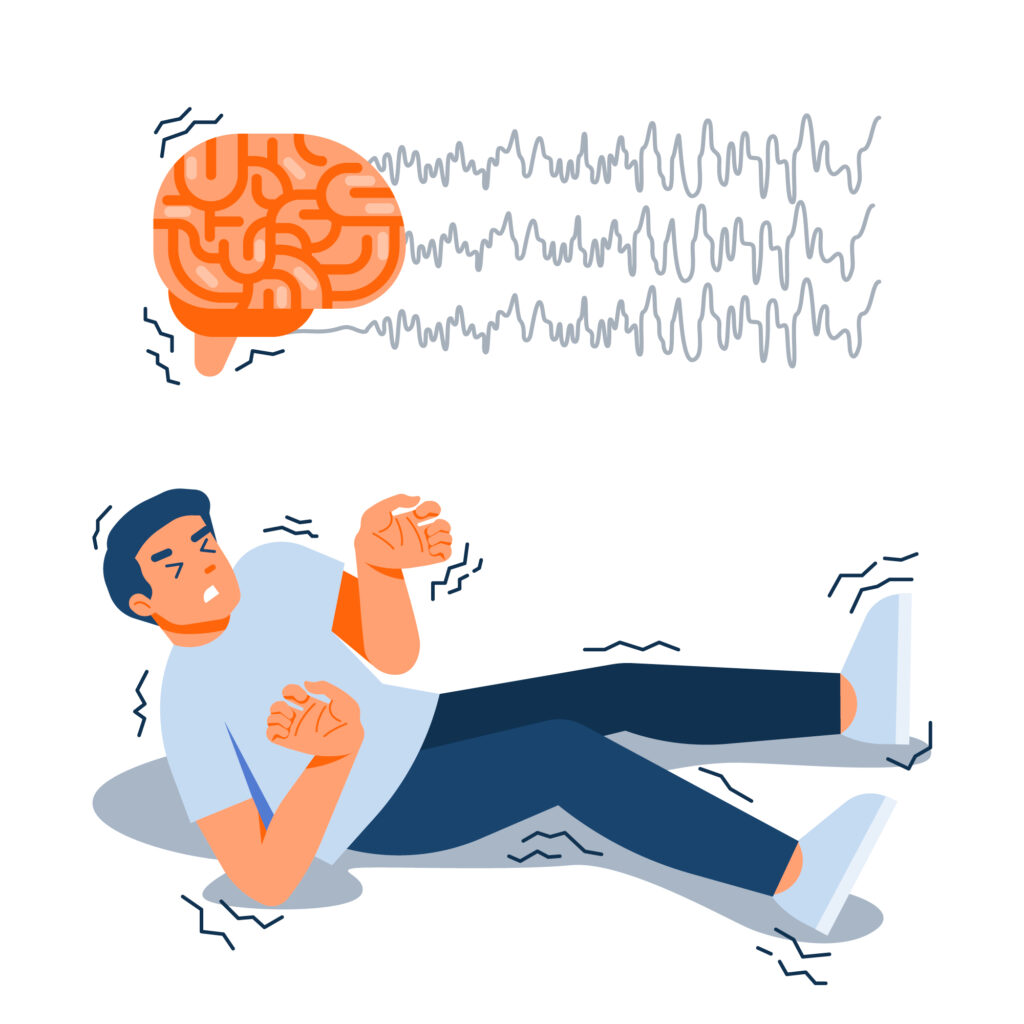What Are Movement Disorders?
Movement disorders are conditions that affect how your body moves. These disorders can make it hard to control your muscles. As a result, you may move too much, too little, or in unusual ways. For example, some people may shake, twitch, or have trouble walking. There are many types of movement disorders, including Parkinson’s disease, tremors, and dystonia. Each type has its own set of symptoms and causes. However, all movement disorders can impact daily life. Early recognition is important for better management.
Common Symptoms of Movement Disorders
Movement disorder symptoms can vary. But, some signs are more common than others. If you notice any of these, it may help to talk to a doctor:Shaking or tremors, especially in the hands or armsStiff or rigid musclesSlow movements or trouble starting movementUncontrolled jerking or twitchingProblems with balance or walkingUnusual body postures
Sometimes, symptoms may come and go. In other cases, they may get worse over time. Because symptoms can be mild at first, they are often missed. Still, early detection can lead to better outcomes.
Causes and Risk Factors
Many things can cause movement disorders. Some are linked to changes in the brain. Others may be due to genetics, injuries, or certain medicines. For instance, Parkinson’s disease happens when brain cells that control movement are damaged. On the other hand, some movement disorders run in families. Below are common causes and risk factors:Family history of movement disordersBrain injuries or strokesCertain infections or illnessesSide effects from medicinesExposure to toxins or chemicalsOlder age
Although not all causes can be prevented, knowing your risk can help you take action early. In addition, healthy habits may lower your risk.
How Movement Disorders Are Diagnosed
Doctors use several steps to diagnose movement disorders. First, they ask about your symptoms and medical history. Next, they may do a physical exam to check your muscle strength and movement. Sometimes, doctors order tests to rule out other problems. These may include:Blood tests to check for infections or other issuesBrain scans, such as MRI or CT, to look for changes in the brainGenetic tests if a family history is present
Because symptoms can be similar to other conditions, a correct diagnosis is important. Early diagnosis can help start treatment sooner.
Treatment Options for Movement Disorders
Treatment for movement disorders depends on the type and cause. In many cases, medicines can help control symptoms. Sometimes, physical therapy or occupational therapy is useful. For severe cases, surgery may be an option. Here are common treatment options:Medicines to reduce tremors or stiffnessPhysical therapy to improve strength and balanceOccupational therapy to help with daily tasksSpeech therapy if speech is affectedSurgery, such as deep brain stimulation, for certain cases
Because each person is different, treatment plans are tailored to individual needs. Regular follow-ups help track progress and adjust care as needed.
Lifestyle Tips and Prevention
While not all movement disorders can be prevented, healthy habits may help. For example, staying active and eating a balanced diet can support brain health. Here are some tips to lower your risk:Exercise regularly to keep muscles strongEat a diet rich in fruits, vegetables, and whole grainsAvoid exposure to harmful chemicalsManage chronic health conditions, like high blood pressureWear helmets to prevent head injuriesTake medicines only as prescribed
Additionally, regular check-ups can help catch problems early. If you have a family history of movement disorders, let your doctor know.
When to See a Doctor
If you notice new or unusual movements, it is important to see a doctor. Early signs may include shaking, stiffness, or trouble walking. Even if symptoms seem mild, getting checked can help. Sometimes, movement disorder symptoms may be caused by other health issues. Therefore, only a healthcare professional can provide a correct diagnosis. If you have sudden changes or severe symptoms, seek medical help right away.
For personalized advice on movement disorders, consult a healthcare professional.

